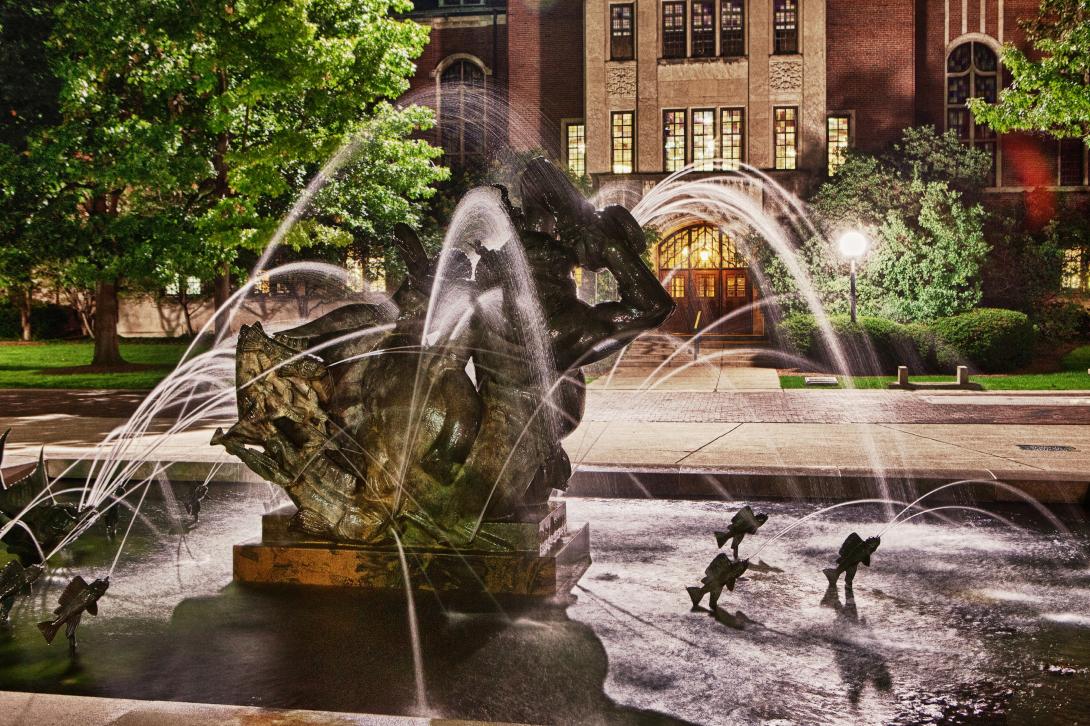Although anti-Asian and Asian American xenophobia and racism is not a new phenomenon, we acknowledge that the COVID-19 pandemic has generated greater xenophobic and racist biases against both international and domestic people of Asian descent. Incidences of harassment, assault, and microaggressions against any members of our community must be faced head on. We encourage our UM community to check and challenge biases within ourselves and within our social networks. We can recognize the fear this illness generates, while also offering compassion to ourselves and others during this time. Furthermore, we acknowledge the unique impact that COVID-19 has on communities of color, those with lower income, those without the means to access healthcare, and people who are in detention centers or incarcerated.
- How do I cope with discrimination and/or microaggressions during this time?
- Oppression-based trauma is real
- Know that what you’re feeling is valid. Common responses to this type of trauma can be physical (avoidance, hypervigilance, headaches, etc.), emotional (fear, sadness, rage, guilt, numbness, etc.), and interpersonal (social withdrawal, feeling silenced, feeling “not good enough”).
- You are not alone
- Experiences and reports of xenophobia in the Asian and Asian American communities have been on the rise. Your safety is important. Reach out to your support system and additional resources, like CAPS, if you are in need of some extra support.
- Practice intentional self-care
- Create space for healing. Build in time to care for yourself in ways that acknowledge and validate how you’re feeling, replenish your energy, and … For additional information on resources and strategies for oppression-based trauma , please check out THIS resource generously shared with us by the UNC Charlotte Counseling Center Diversity and Inclusion Committee.
- Oppression-based trauma is real
- What does promoting inclusion look like at this time?
- Consider the impact your actions have on others
- For example, calling the coronavirus the “Chinese virus” is not only inaccurate, but it is harmful. Do not assume that a person wearing a facemask is infectious, dangerous, or should be avoided. We know that it is a social norm in many countries to wear facemasks during cold and flu season. When you see or hear these xenophobic responses, challenge them. For more information on microaggressions and how to navigate them, check out this NY Times article .
- Respond to yourself and to others with compassion
- Everyone is doing the best they can. Sometimes our best looks different day to day. Each person’s individual identities, circumstances, and experiences impact the way they navigate this time.
- Consider the impact your actions have on others
- How can I be an ally?
- Self-reflect
- Check in with yourself. What assumptions, biases, or prejudices are coming up for you during this time? Are you fearful of a person or community due to their racial or ethnic background at this time? These questions are meant to explore where you’re at. They are not meant to promote judgement, but rather offer an opportunity for growth.
- Educate yourself
- Research educational, informed articles and attend anti-oppression trainings and workshops. Be mindful of where you get your news and/or information. Here are a few options:
- Challenging Racism and Xenophobia in the time of COVID-19
- Allies and Microaggressions
- Bystander Intervention training to Stop Anti-Asian/American and Xenophobic Harassement (Free Virtual Workshops - Registration required)
- Virtual Training: Being an Active Bystander
- Research educational, informed articles and attend anti-oppression trainings and workshops. Be mindful of where you get your news and/or information. Here are a few options:
- Interrupt and counter racism and xenophobia
- Speak out when someone speaks or behaves in ways that are oppressive. Challenge ideologies, comments, or actions that are “othering” and that cast blame on our Asian and Asian American community members. This resource on promoting diversity and inclusion in college classrooms provides a wealth of information on countering microaggressions, such as the “Open The Front Door” approach below:
- Observe: Describe clearly and succinctly what you see happening. “I noticed you referred to the coronavirus as the “Chinese virus.”
- Think: State what you think about it. “Calling it that is inaccurate and harmful.”
- Feel: Express your feelings about the situation. “I worry about the people targeted when the coronavirus is referred to inaccurately in that way.”
- Desire: Assert what you would like to happen. “The accurate name is COVID-19, which stands for coronavirus disease that began in 2019. I think it’s important you use the accurate name when talking about it.”
- Speak out when someone speaks or behaves in ways that are oppressive. Challenge ideologies, comments, or actions that are “othering” and that cast blame on our Asian and Asian American community members. This resource on promoting diversity and inclusion in college classrooms provides a wealth of information on countering microaggressions, such as the “Open The Front Door” approach below:
- Engage in advocacy
- Use your social media or other public platforms to circulate accurate information and anti-oppression resources. Lift up our Asian and Asian American community members through compassion and kindness.
- Check on your friends
- Reach out to those in your community who might need extra support at this time. Validate their experiences and feelings; offer empathy and support.
- Self-reflect

